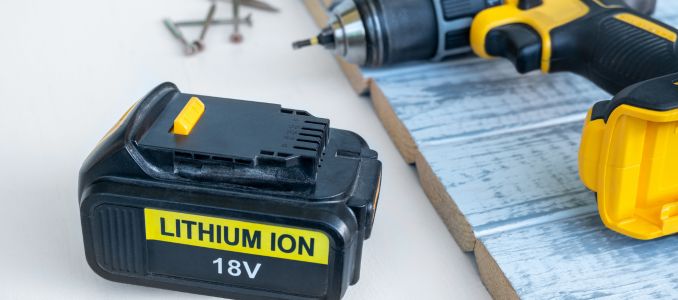
Following a large lithium-ion battery fire, the EPA has ordered Gateway Energy Storage to manage environmental cleanup and monitoring efforts at its San Diego site.

Outdated equipment may seem harmless, but the power it takes to move, set up, and dispose of old tech can drain energy and budgets fast — unless you plan wisely.

The dismantling of the U.S. government's main climate change website, including access to the National Climate Assessment, has alarmed scientists and officials who warn it limits public access to vital environmental risk data.
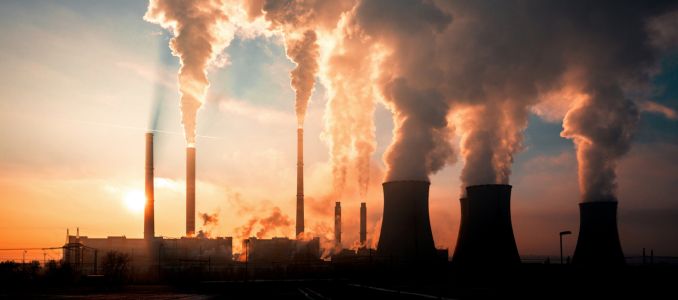
In a move to support domestic energy production and economic growth, the EPA plans to revise compliance timelines and explore new flexibilities under the Steam Electric ELG Rule.
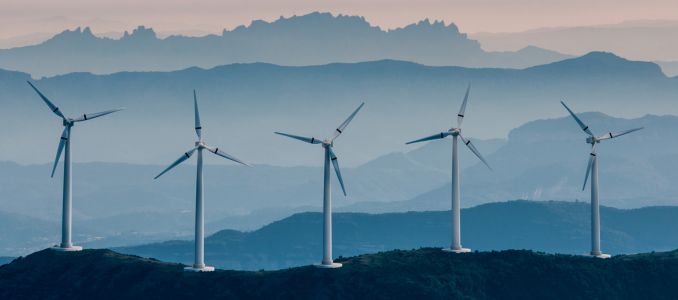
GWO certification sets global safety standards for wind-energy technicians, helping reduce risks, improve skills, and build a safer, more resilient workforce.

Fifteen residents completed free environmental job training through Green for Greene, gaining certifications for careers in environmental cleanup and safety.
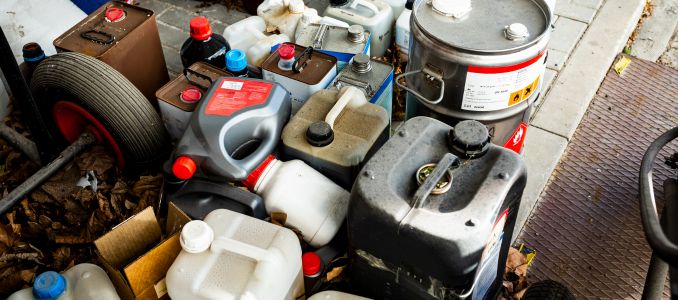
Businesses, schools, and other small generators are encouraged to review hazardous waste handling to prevent violations and protect public health.

New funding supports 36 projects focused on climate adaptation, environmental health, and sustainability, involving 98 researchers at 27 Irish institutions.
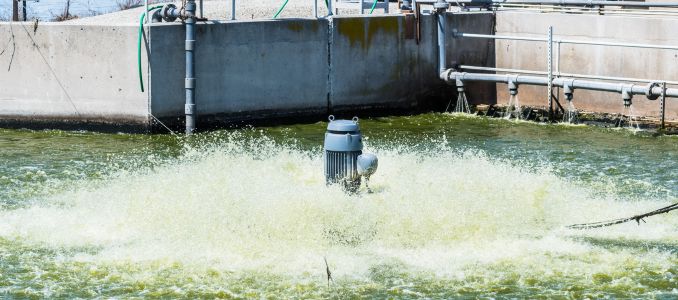
Following Clean Water Act violations, Radius Recycling must install new treatment systems and improve site maintenance to reduce metal pollution from its Oakland facility.
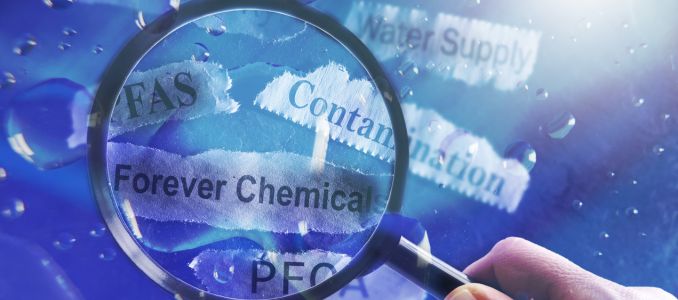
With mounting concerns over PFAS contamination and its long-term health risks, coordinated AFFF collection and destruction efforts in Ohio, New Hampshire, and North Carolina offer a powerful model for public safety, regulatory leadership, and environmental stewardship.

State, federal, and local leaders celebrate the transformation of a former industrial waste site into a 25-acre eco-friendly campground on the Keweenaw Waterway.

The EPA and U.S. Army Corps of Engineers gathered cross-sector input to guide a revised “waters of the United States” rule under the Clean Water Act, following the Supreme Court’s Sackett decision.
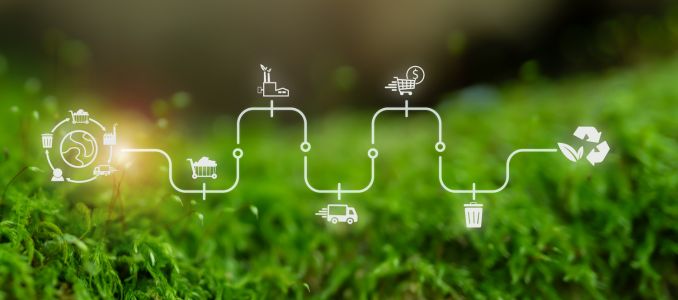
From SmartWay-certified carriers to renewable fuels and route optimization, third-party logistics providers are leading the charge in reducing emissions, saving fuel, and shaping a greener, more cost-effective supply chain.

A new workplace movement program shows that brief, targeted activity breaks can reduce discomfort, improve performance, and support long-term employee wellness.
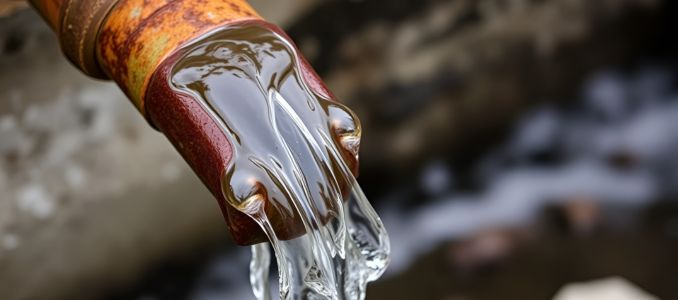
Funding aims to help states and territories test and fix lead-contaminated water at schools and child care facilities nationwide.

From fine particulate emissions to noise and vibration, unchecked construction activity in expanding cities poses growing environmental and health threats.
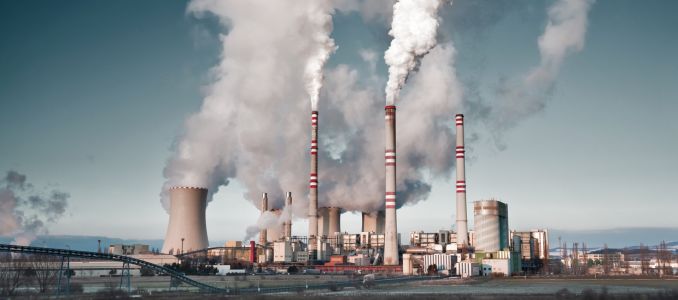
A major emissions policy targeting fossil fuel plants may be reversed, with grid reliability and legal uncertainty driving the proposed change.

With smoke risks increasing nationwide, officials are equipping households, schools, and workplaces with actionable strategies to safeguard health during wildfire season.
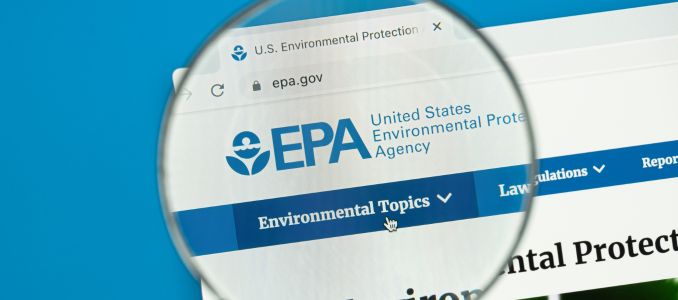
The Senate's confirmation signals a continued focus on regulatory reform, environmental progress, and energy dominance.
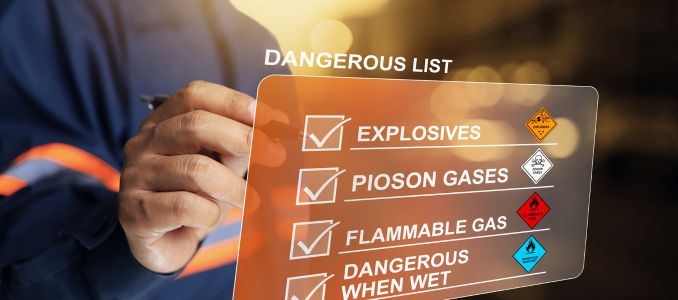
Following two fires and months of emergency response, the EPA and local partners have finalized hazardous material removal at the Reading Drum site in Reading, Pennsylvania.